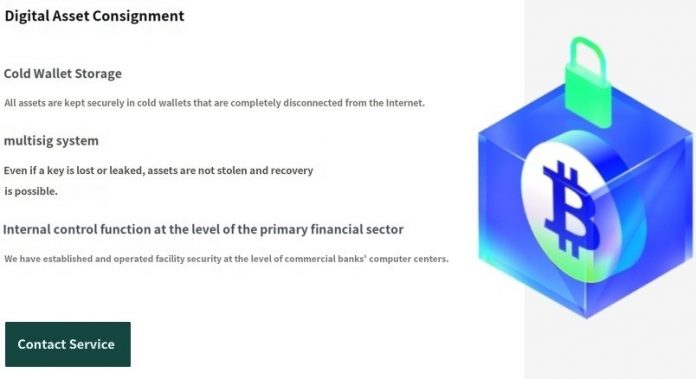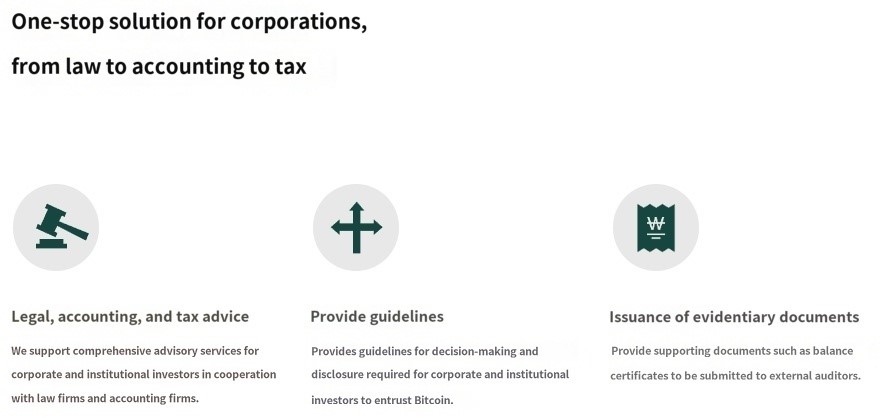
As the virtual asset market booms, the assets under custody of custodial firms are rapidly increasing. This is because virtual asset exchanges are recommending issuers to use custodial services in light of continuous hacking incidents and the need for accounting transparency. In fact, the assets under custody of Korea Digital Asset (KODA), a major domestic custodian, surpassed 8 trillion won at the beginning of this year.
Along with the surge in assets under custody, the custodial industry is closely watching the second phase of the virtual asset legislation. This is because after the implementation of the first phase focusing on user protection, the potential for allowing corporate investment in virtual assets as part of industry promotion measures will be discussed. If corporate investment is fully permitted, demand for custodial services is expected to rise further as institutional investors, such as asset management companies, will need to hold virtual assets.

As a result, foreign custodial firms are also rushing to enter the domestic market. U.S. companies like Fireblocks and Bitgo have already announced their plans to enter South Korea, highly evaluating the country’s financial infrastructure and corporate tech-friendliness.
However, the key to the substantial growth of the domestic custodial industry lies in allowing corporate investment in virtual assets. Currently, most custodial firm clients are limited to virtual asset issuers. A custodial industry official stated, “Targeting individual investors carries high risks, so it’s better to target institutions,” adding, “If corporate investment is allowed, the custodial market will also grow.”
Whether financial authorities permit corporate investment in virtual assets has become a decisive factor for the future of the custodial industry. If the government actively considers allowing corporate investment in line with the trend of virtual asset institutionalization, the custodial industry is expected to regain vitality.






